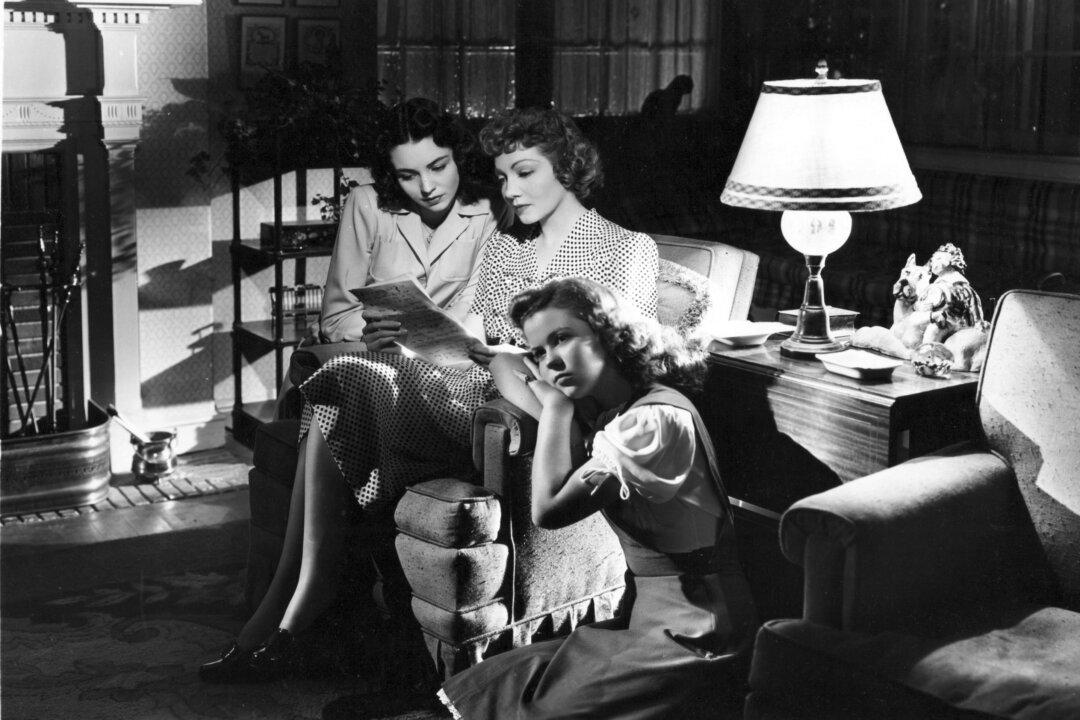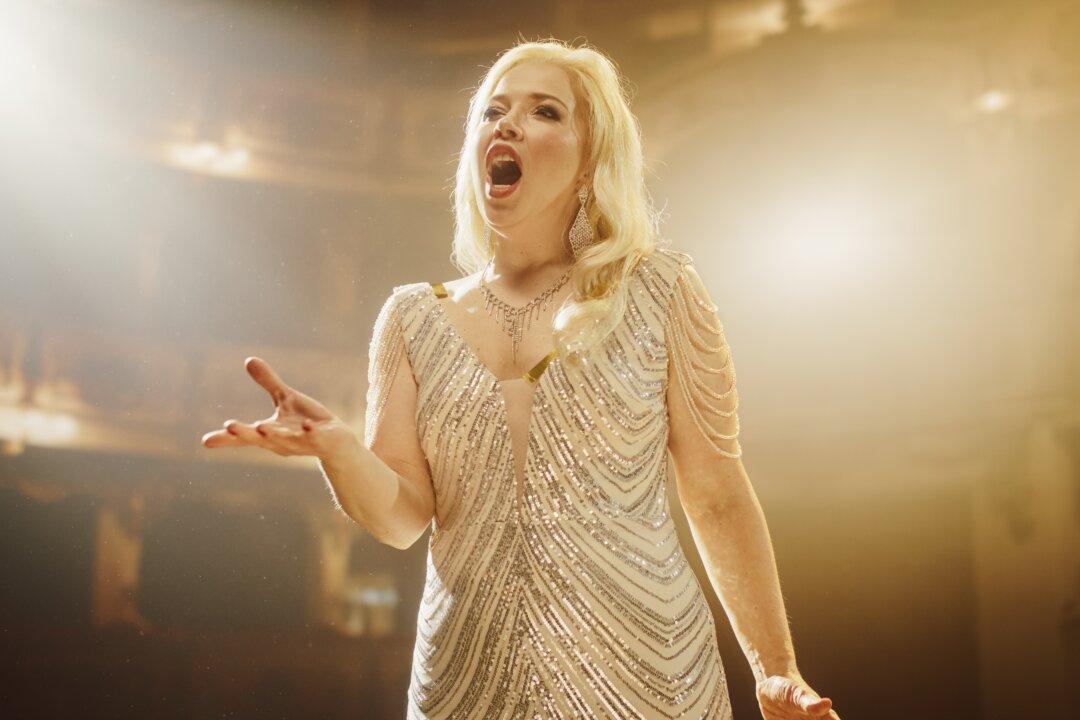Do you long for the days when Hollywood showed that women could be cheerful, helpful, loving, and kind, and they were appreciated for these qualities?
Hollywood productions during 1934–1954, when the Motion Picture Production Code’s strong enforcement ensured all films’ decency for everyone, did just that. Traditional role models and values were featured in these classic films, and marriage and the family were defended and glorified. Today, seeing feminine characters in Code Era films is a breath of fresh air.






